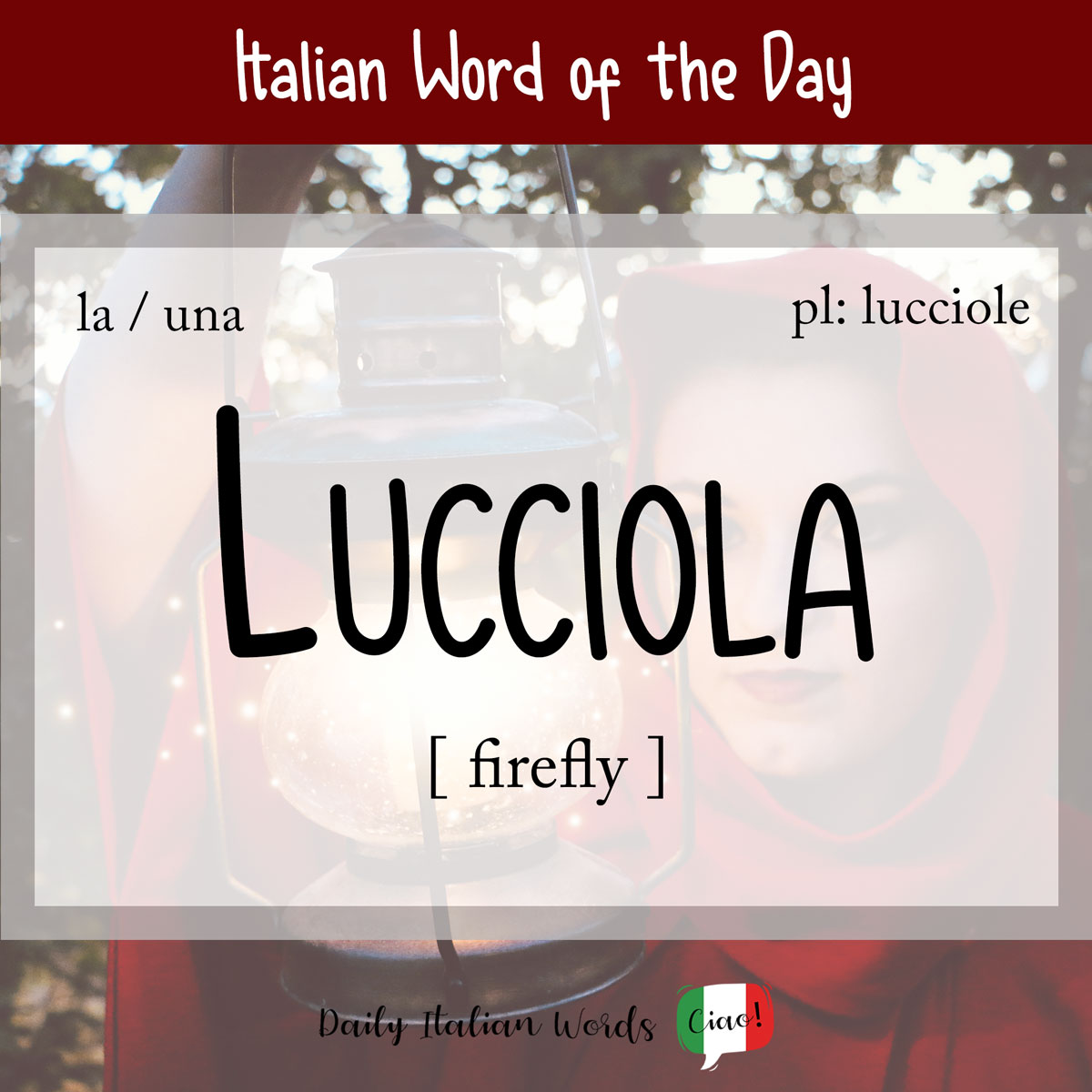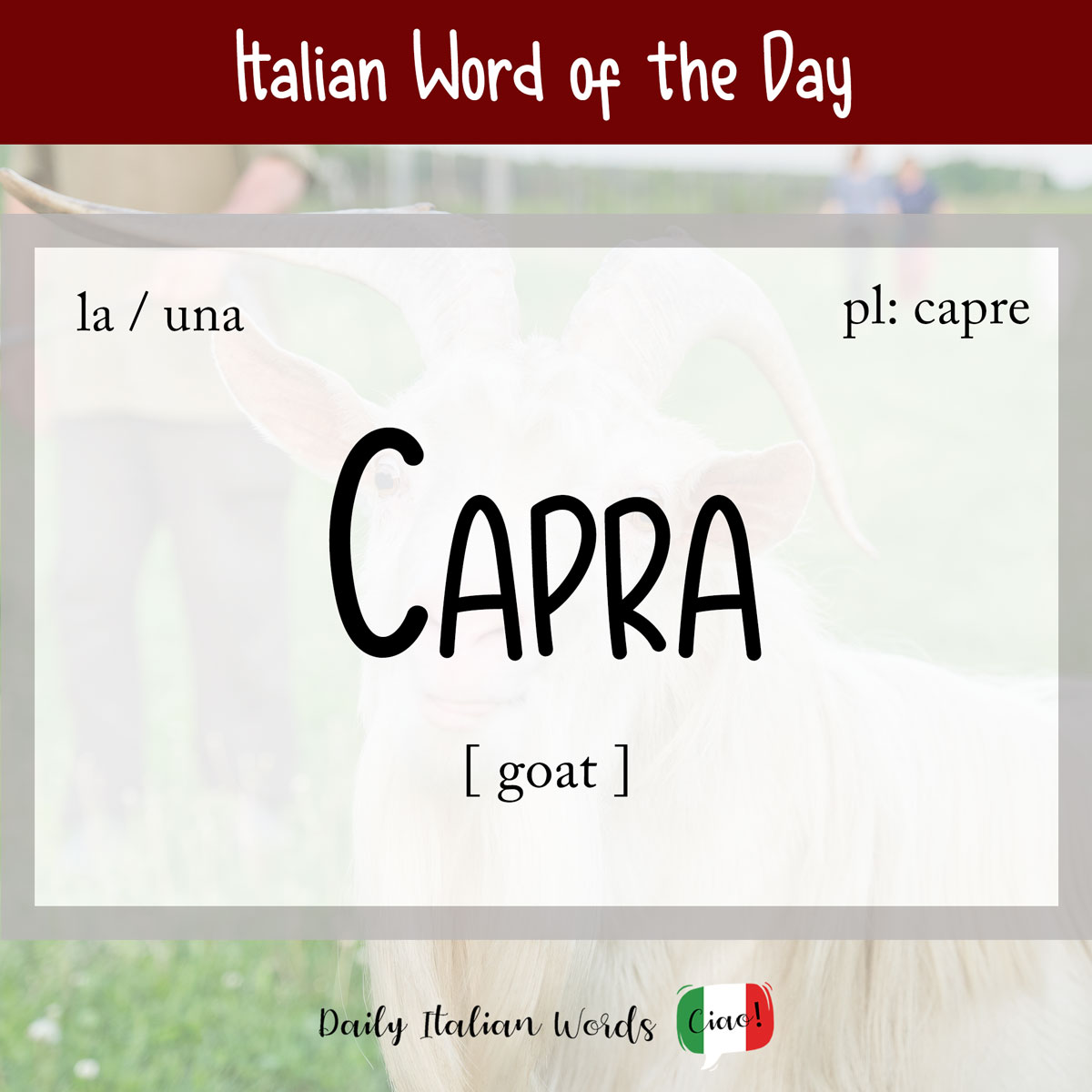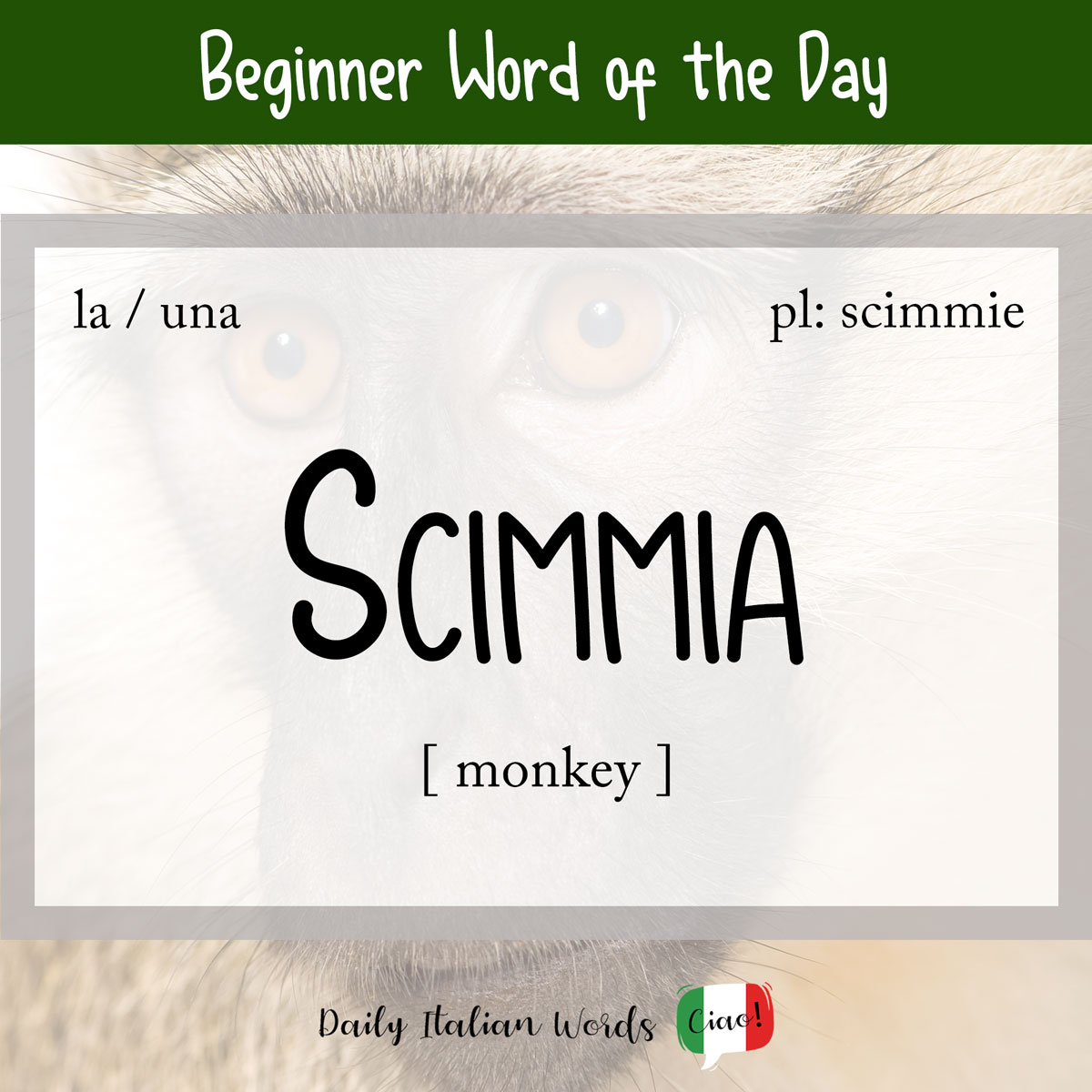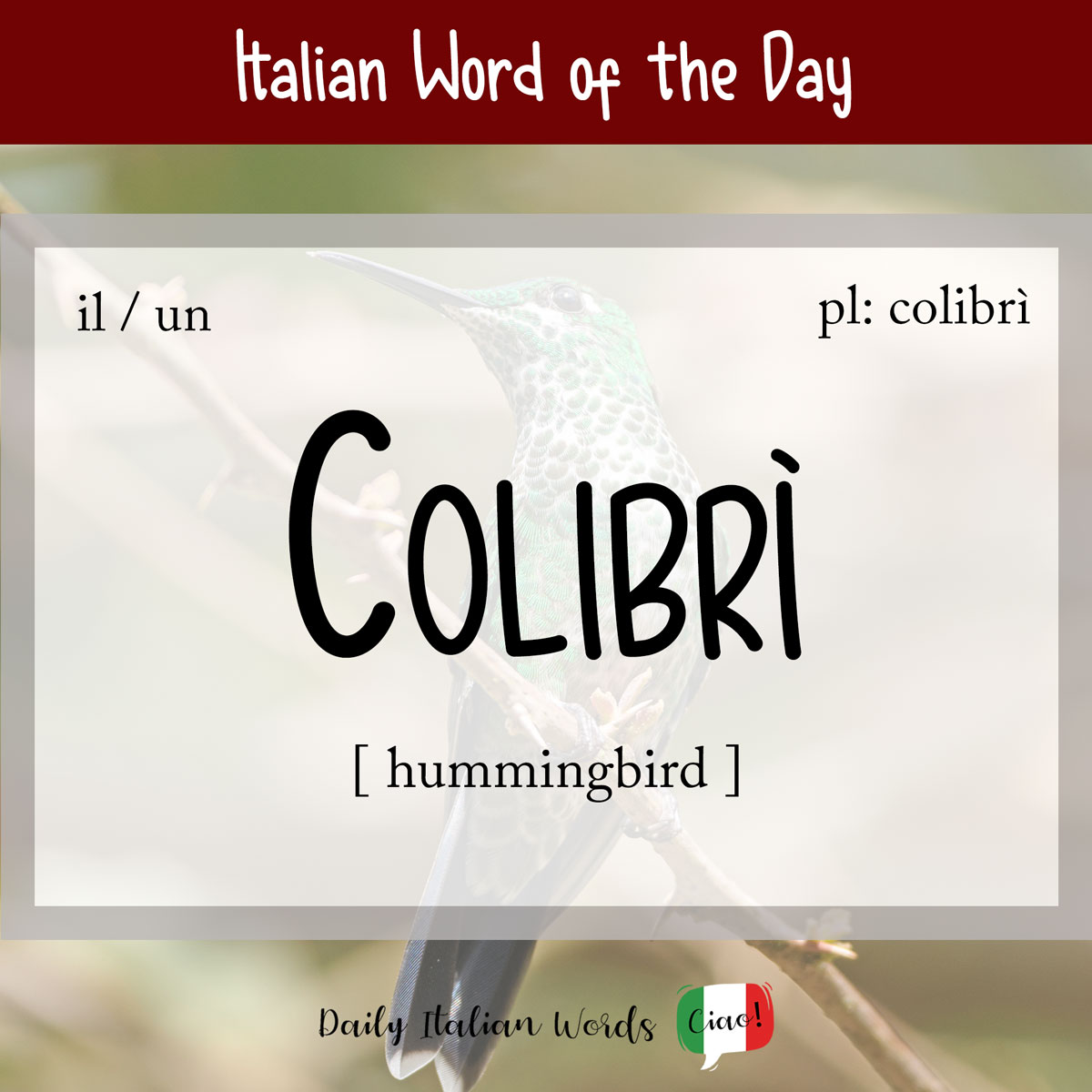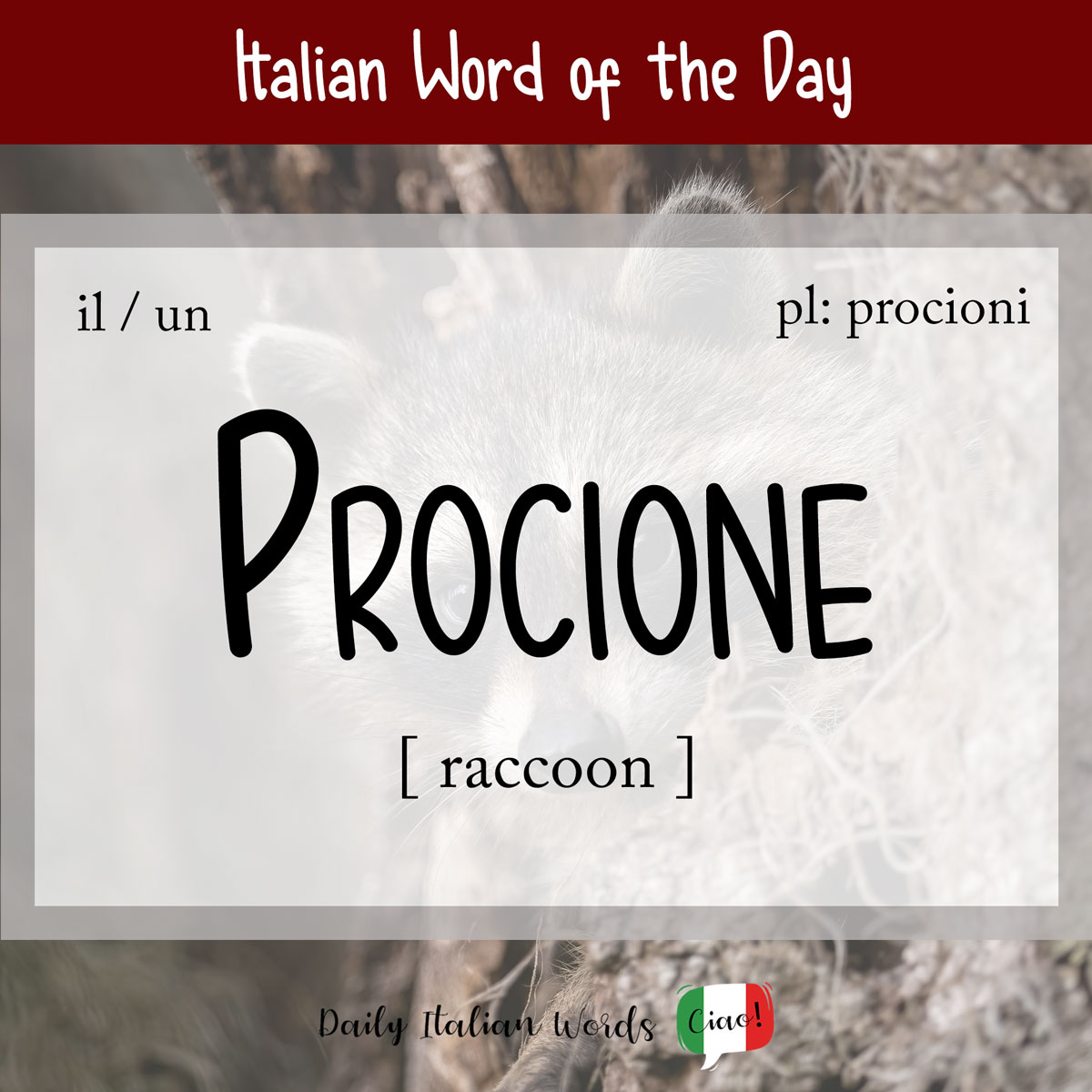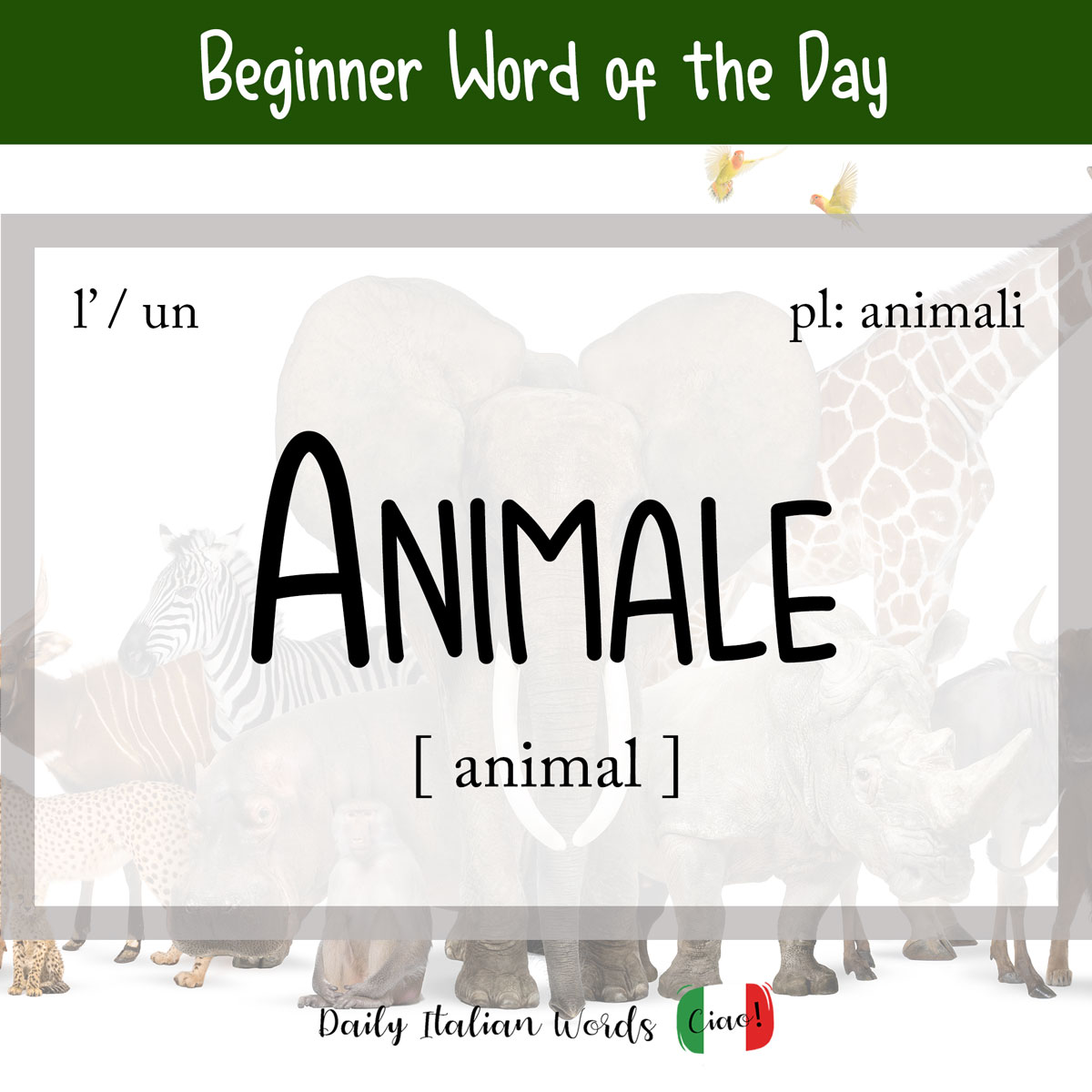Italian Word of the Day: Lucciola (firefly)
The Italian word for a firefly, glow-worm or lightning bug is lucciola (feminine, plural: lucciole). It comes from the Latin lucjola, which is the diminutive form of lux lucis meaning light. All species of lucciole, both at the larva and adult stage, are characterised by the ability to produce luce (light) from the abdomen due …

